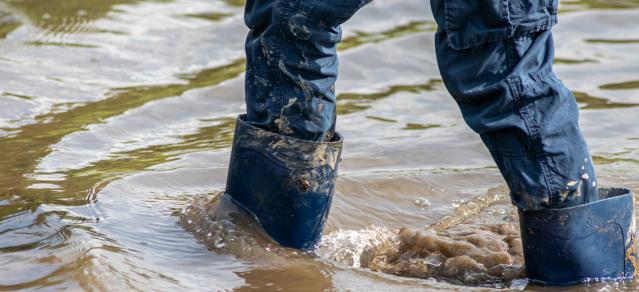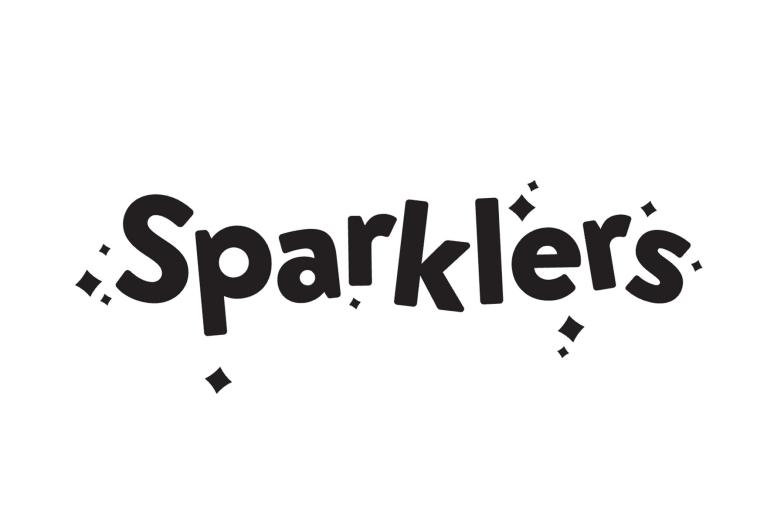Key points about coping with a natural disaster
- following a traumatic event, it is normal for children, teenagers and adults to have strong feelings, reactions, and changes in behaviour
- children learn from their parents' responses, as well as what they see and hear in the media
- limit the amount of information that your child has access to while still providing them with accurate information, suitable for their age
- allow for family time and try to keep as many routines in place as possible, to provide a sense of safety and security

The impact of natural disasters on tamariki
The KidsHealth page on talking to kids about trauma includes resources on supporting children after a flood.
Trauma - How To Talk To Your Kids About It
Strong reactions immediately after the event are very common
Traumatic events, including natural disasters, are distressing. Strong reactions immediately after the event are very common. Fear, sadness, guilt and anger are all common emotions felt by children, teenagers, and adults. People start to question their own beliefs, particularly about their safety, sense of control over their life, and how predictable the world really is.
Children can be affected by other people’s responses
It is important to realise that the impact of a natural disaster can be far-reaching, even for children who were not at the site of the disaster. Children can be affected by other people’s responses and what they see or hear about through media and conversation.
A child's age affects how they respond
The age of a child will have an impact on how they respond to a traumatic situation and also what they need to help them to get through it. The older the child, the more 'in-tune' they will be with their emotions and the better their ability to put feelings into words. There can be a delay between the trauma and the response. It’s important to remember that your child's behaviour may be a response to a distressing experience.
Common responses to traumatic events
When children have faced a traumatic event, they may experience a number of emotional and behavioural responses including:
- engaging in repetitive play that re-enacts the trauma
- having dreams or nightmares of the event
- having dreams or nightmares about themselves or significant others being in danger
- becoming preoccupied with other traumatic events
- becoming very distressed when faced with reminders about the event
- withdrawing from people and wanting to be alone
- losing interest in activities that they usually enjoy
- being alert, tense, and on-edge
- having difficulties with sleeping
- experiencing aches and pains – especially stomach aches and headaches
- bedwetting
- having difficulty concentrating and paying attention
- being clingy and overly dependent on others
- becoming distressed or fearful if separated from loved ones
- behaving younger than they are or being generally irritable and acting out
- being angry and verbally or physically aggressive
- having difficulty seeing any future for themselves or loved ones
How to help your child after a natural disaster
The response of the adults around children is very important and influences how children cope with a traumatic event. It is important to be aware of your own responses and emotional needs so that you can look after your children.
There are some strategies to help children.
Talking about how you are feeling
Talk about how everyone is feeling about what has happened. Let them know that their responses are natural and normal for the situation.
Being honest
Being honest about the experience. Children’s imagination and the fear of the unknown can be more overwhelming for children than the reality. Don't focus on the gruesome or tragic aspects of the experience. Talk about the services and people who are helping to make things better. If you do not have answers, then that is OK to tell them that.
Controlling access to the media
Controlling how much access your child has to the media. Your child's age will affect how they can interpret the material that they see and hear.
Being prepared to answer questions
Being prepared to answer the same question over and over again. This is their way of making sense of the situation.
Reassuring your child
Reassuring your child that they are loved, safe (in whatever realistic or truthful way they are), and cared for.
Sticking to routines
Sticking to routines, including meal times and bedtimes as much as possible. This gives a sense of safety and security.
Trying to do family-based activities
Trying to do family-based activities - this will make children feel like they are part of a unit and provide a sense of connectedness or togetherness.
Keeping roles clear
Keeping each family member's role clear – don't expect or allow children to take on too much responsibility.
Special attention
Trying to give each child special attention.
Eating and sleeping
Making sure that everyone is eating and sleeping.
Providing comfort
Providing comfort when a child is distressed.
Taking action
Encouraging your child to take action. This can help if your child is experiencing a sense of helplessness. This could include writing cards or drawing pictures to send to rescue agencies or families who have been affected.
Sparklers website

You could try Sparklers at home. There are fun wellbeing activities to support whānau and their tamariki to look after their wellbeing and feel good. Sparklers is backed by both science, NZ research and wellbeing specialists.
Looking after yourself following a natural disaster
As an adult, it is very important that you look after yourself as well. This is often easier said than done because your focus is often on the more vulnerable around us. You need to be in the best position possible so you can look after your child - it is about strengthening yourself so you can be strong for your child. Talk to other adults about your feelings and what is going on. Access support systems available to you and try to keep to as many routines as possible.
When to get professional help after a natural disaster
Distress will improve for most tamariki with the love, care, and support from whānau
Parents are the best support for children who have been through a traumatic event. Most young people's distress will improve with the love, care, and support from their family and whānau. Unfortunately, it's impossible to predict those small numbers of young people who will have significant ongoing emotional difficulties following a natural disaster.
Some children will need support from professionals
For some children, they will need to have support from professionals. If your child's responses are severe or are ongoing (for example, they continue once normal routines such as going back to school are in place), your child may require extra help to cope. Also, help from mental health services may be more likely for children or young people with existing mental health difficulties, those who have had previous mental health difficulties, or those whose parents are affected by mental health difficulties.
If you are concerned, you should contact your family doctor who will be able to advise you what support is available.
Where to go for more information and help after a natural disaster
- community agencies
- local medical services
- if you and other family members are grieving as a result of a traumatic event, search KidsHealth's content on death and grief
Trauma - How To Talk To Your Kids About It
Bereavement Reactions Of Children & Young People By Age Group
Acknowledgements
Thank you to the New Zealand Psychological Society for permission to adapt their document Life after earthquakes, written to help people as they cope with the impact of the Canterbury earthquakes and other disasters.
References
https://www.skylight.org.nz [Accessed 07/03/2022]
